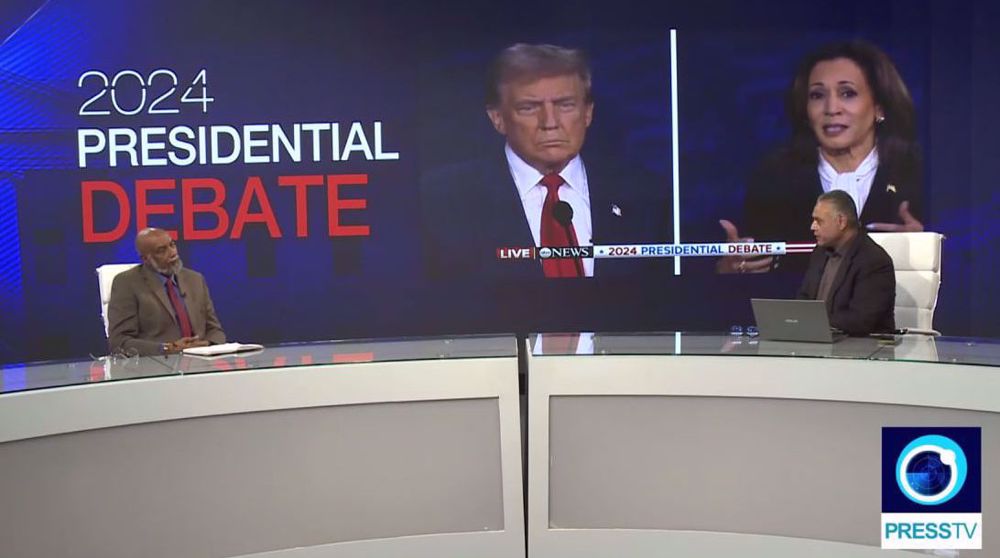Spain's Socialist Sanchez becoming PM difficult: Commentator
Press TV has interviewed Ramin Vahidzadeh, a political commentator in Tehran, about the centrist Ciudadanos party backing the Socialist Party leader Pedro Sanchez to become the next prime minister of Spain.
The following is a rough transcription of the interview.
Press TV: What is the likeliness of seeing Pedro Sanchez as the next prime minister of Spain?
Vahidzadeh: Pedro Sanchez being the next prime minister right now is a very difficult issue because first of all he needs the ratification of this agreement in his party. Right now there is huge dispute in the Socialist Party between Mr. Sanchez and also another leader Susana Diaz from Andalusia. If this fight goes on, on the voting that will [take] place Friday and Saturday - Friday by the members of the Socialist Party online and on Saturday in the plenary session - if they reject this plan, it could be very painful for Mr. Sanchez because he may lose his leadership as the president of the party and Susana Diaz becoming the new leader. But if somehow he can manage this point, there will also be more things to do because based on this coalition only 130 seats will be gained in the parliament.
So there will be short another 46 seats in the parliament to form the new government. One of the scenarios right now has been rejected by the Prime Minister Mariano Rajoy which has said that he would not back this plan and he would not go for an abstention in the Tuesday voting.
Another scenario will be Podemos. Podemos right now is saying that would back this agreement just by one condition which could be the vice presidency of government for Mr. Pablo Iglesias, the plan that also has been rejected by Mr. Sanchez and also Mr. Rivera on Ciudadanos. So there is a very difficult situation right now. We need to see how they can manage to convince Podemos to either have an abstention or go for voting by having some major roles in the new government.
Press TV: Well whomever becomes the next prime minister of Spain obviously has a lot at hand, one of the most begging issues is the issue of separatism of Catalonia. Talk to us about how much of a decisive factor that will be for the next government of Spain?
Vahidzadeh: It is very decisive because right now the independentists are going on with their plan. They [are] now having their government, have the new president elected and they are going with the resolution that they had proved in the parliament of Catalonia. So they have shown that they are very serious in this matter.
Podemos is going for a new referendum in Spain for the independence of Catalonia being a new state among the whole Spain itself. This initiative has been rejected by all the parties because they are saying that the sovereignty of Spain is non-negotiable.
So if they do not go on this way for a referendum or for more dialogue for the Catalonian people, it will be somehow a new disaster for them because as we are mentioning there is no coalition that can guarantee being a government which can govern Spain for a long time. Any possible government, any possible prime minister, will have no more than one or two years in power and there will be new elections in a year or two.
'Hello my enemies': Lebanese journalist on Israeli threats and his resolve to continue
Outrage in France as MP proposes bill to ban criticism of Israel
VIDEO | The strategy of Hezbollah in war
Israeli military withdraws several brigades from southern Lebanon: Report
48-year-old Palestinian man serving 48 life terms completes 22 years in Israeli jails
From MKO to Tondar, how Germany became safe haven for anti-Iran terror groups
Hamas open to any proposal aiming to end Gaza war: Hamdan
Role of private sector in Iran’s thriving space industry














 This makes it easy to access the Press TV website
This makes it easy to access the Press TV website